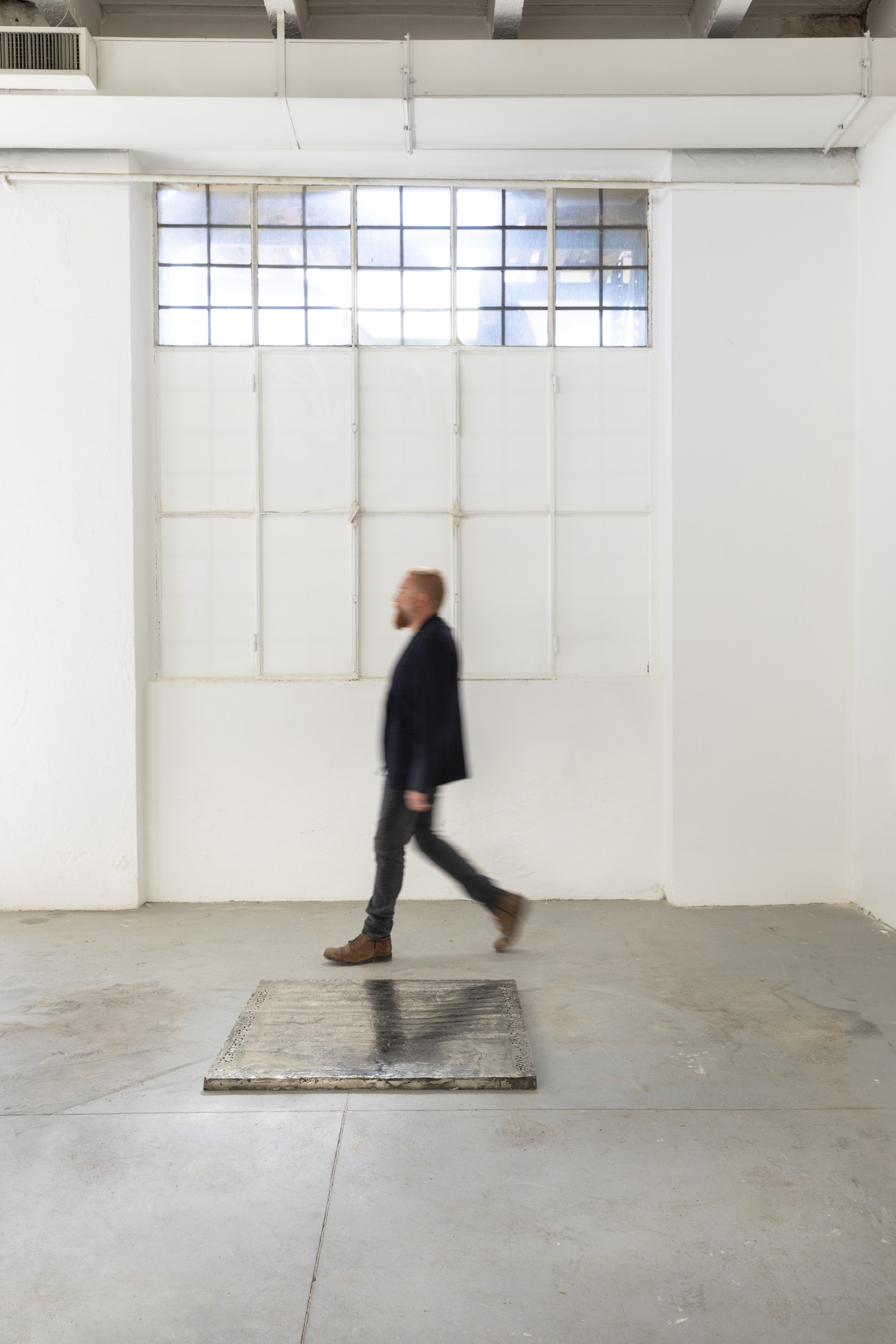Bio

Numbers that take on form. If one were to compress a large part of Francesco Arena's work into a simple, direct formula, this could certainly be it. Because while it is true that from a linguistic point of view his work can be read as a development, a personal “derivation” of sculptural processes that arise from the geometric shapes typical of Minimal art and from the more archetypal ones of Arte Povera – the abstract and impersonal key of which mixed with experience, the narration of historical or private facts – it is equally true that from a thematic point of view his pieces are often the translation of formulae and numbers linked to those facts or histories from which they originate.
The artist's research often moves along two tracks – that of collective history, chiefly national, and that of personal history – forming two lines that touch, overlap, cross. In his performances, installations and sculptures, the narrative “in-forms” the objects, be they everyday objects – diaries, cigars, living room furniture – or composed of traditional sculptural materials (marble, slate, bronze).
Arena always imposes at the beginning a rule to be followed, a fact that remains a fixed point in the production process of the piece: the weight of a boat used by illegal immigrants landing on the coast of Lampedusa, the distance travelled by the anarchist Pinelli in his last day as a free man in Milan, the volume of a hole made by a bomb explosion.
These are starting points that determine the form, dimensions and at times even the materials of the piece: “Facts are a wilderness where different views confront and oppose each other; facts interest me as units of measurement around which to build sculpture… a weight, a distance or a surface inform the work and determine its form or dimensions. The fact is there, open to interpretations despite its fixed nature; I decide whether to choose it or not, but what I choose is the fact in its abstract form, in its airborne, vocal state; even when I use documents I’m not interested in the original document, but in its contents.”
The facts chosen by Arena often come from the reservoir of personal history, but also from collective memory which was initially focused above all on Italy, but which has now opened up to global situations and events.